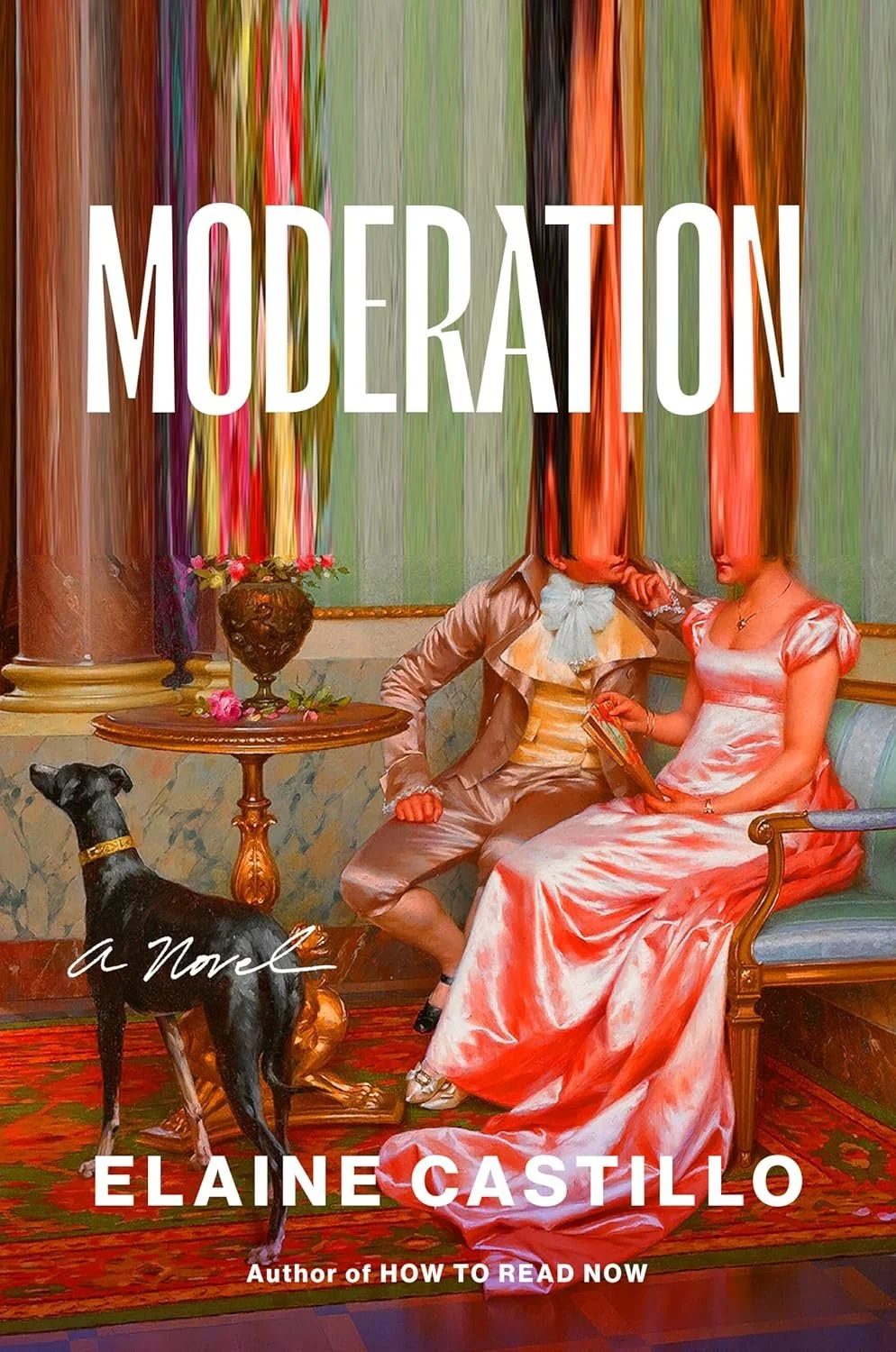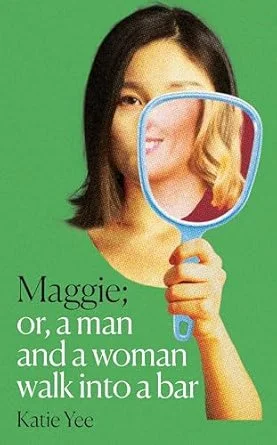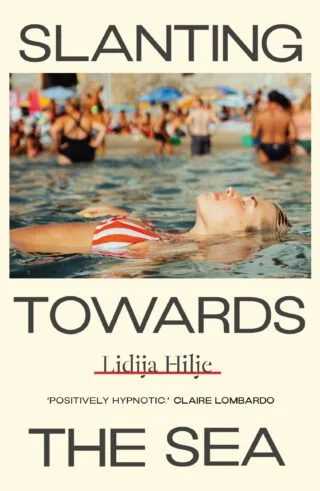Taking Note #5 - Why does the Romcom get so much shade?
‘So why have romantic comedies been historically looked down upon? Is it because their audience is, historically, primarily women?’
Mindy Kaling, creator of The Mindy Project, said of the romcom, ‘the genre has been so degraded in the past 20 years that saying you like romantic comedies is essentially an admission of mild stupidity.’ And this is coming from a fan and creator of the genre.
Romcoms have a stereotype of being entertainment ‘for women’, characterised by being ‘frivolous’, ‘low-brow’ and ‘light’ – but why? Shakespeare transfused romance and comedy, but would we ever consider one of his works a romcom? Probably not. And yes, the romcom may, at times, be formulaic, but so are so many other genres - tragedies, westerns, crime, you name it; so why is the romcom disproportionality critiqued for its structure? And do we judge Shakespeare for the repeated arc of his tragic heroes? No, instead we use words like ‘foreshadowed’, ‘fate’, ‘hamartia’, when exploring his works. Now I’m not comparing Notting Hill to Romeo and Juliet, but is it such a coincidence that so many modern high school films, many of them romcoms, have used and played with Shakespearean structures? She’s the Man; 10 Things I Hate About You; O to name a few.
So, why have romantic comedies been historically looked down upon? Is it because their audience is, historically, primarily women?
And why is romance seen as a female issue? I can only imagine it’s because the patriarchy has pinned so much more on women finding a relationship. Historically, it was a means of financial and social security (see below on Jane Austen for more on this), and to some extent, that hasn’t changed. There is still a unique pressure on women to be coupled up, coinciding with pressures to have children and the ‘ever-ticking biological clock’. Men simply don’t experience this to the same extent; they can have children at almost any age and, if they choose to be single, they are labelled ‘bachelors’, with no equivalent female term even in existence. It seems grossly unfair that women are one, labouring and living under these pressures, and two, when they engage with art and entertainment about these very issues, shown through a comedic framework, it is considered ‘unimportant’ and ‘frivolous’.
Truthfully, when we look back to 90s romcoms, they do often appear sexist, straight, overwhelmingly white and demeaning of a woman’s position, but they are also evidence of gender relations and patriarchy at that time – of how many women viewed themselves as defined by their relation to men. Critique is great, but it doesn’t mean that something is no longer valuable or watchable; with an eye of analysis, these older films are artefacts of gendered and patriarchal romance and social relations. These films may not be feminist, but there is value in showing how women navigated a love-oriented world, revealing the reality of romantic expectations. Fortunately or unfortunately, that is the world we find ourselves in, and I think we’d be kidding ourselves if we said these pressure and structures no longer exist.
Having said that, what is now all the more important is that romcoms change in the post-Me-Too era, and that they show a diversity of experience, race and sexuality. In our brand new Summer Issue, Light, we take a look at the return of the romcom with brilliant and accomplished authors Caroline O’Donoghue and Monica Ali, who are doing just that – adapting the romcom format and structures to interrogate current issues, all through the lens of love. Here’s an exclusive extract from our conversation with Caroline on her new novel, The Rachel Incident:
Going back to love stories and romcoms, we’ve been thinking about reasons why so many of us turn to these kinds of stories when we’re looking for comfort or solace or distraction. They definitely seem to hold this kind of sentimental space in our hearts – is that true for you?
Definitely. And I think it’s fascinating because I’ve been in the analysing romcoms game for a few years now, and definitely in the last year, it has skyrocketed. People just want love, love, love! And like the new Curtis Sittenfeld – there’s an incredibly literary author who is like, ‘Here’s my fun, very traditional, romcom.’ You just keep waiting for her to subvert the narrative, and she just doesn’t want to. [...]
I also think that romcoms in particular – and this isn’t a hot take or anything – are a filter for a lot of societal problems. For example, it’s the most interesting place for class conversations to emerge because, if love is the thing that trumps all, then what are the things that threaten love? And whether that’s class, or location, or having a father who doesn’t approve of things; all of these things are, regardless of whether or not you’re in love, problems you will have anyway, but they’re more manageable to deal with through the filter of a beautiful love story with wonderful characters. Pride and Prejudice is just a novel about the politics of marriage, and I think that hasn’t changed. Sex in the City and Pride and Prejudice are kind of the same that way. So, I think it’s never going to go away, it’s the most fundamental and comforting way to understand the world.
Our conversation with Monica Ali on her novel Love Marriage raised a remarkably similar answer:
What do you think about Love Marriage being categorised as a romantic comedy? Perhaps not a conventional romcom, but even though there is a kind of reconciliation at the end of the novel, it feels like a more complex, slightly darker romantic comedy?
I suppose romcom has certain connotations: they’re frivolous, not realistic – it’s a Hollywood type of scenario. I’d like to think those don’t apply, but it is a ‘will they, won’t they’, which is a bedrock of romantic comedies. So, in that sense, you could definitely draw an analogy. You know, one of my favourite writers is Jane Austen and she, of course, constantly used marriage plots and engagement plots, and she’s a very funny writer as well; she uses dramatic irony to great comic effect, so there’s a very long tradition of doing that. And I think through that lens of the supposedly quite narrow domestic sphere, or the love story, it’s possible to both get the drama and the comedy value of the central love story. And also, you can show a lot about society at the same time, as Jane Austen does. So, I’d like to think that I can have my cake and eat it in that sense.
This piece would be bereft without further expansion on Jane Austen, arguably the master of the romcom, who was mentioned in our conversations by both Caroline and Monica. Like contemporary romcoms, Austen's novels focus on heterosexual marriage plots and romance to interrogate social issues and the patriarchy. Austen couldn’t openly shout about gendered expectations, but she used her novels to launch her critiques and reflections.
And like any successful romcom, Austen’s plots are popular, well-known, and have been absorbed into the mainstream. Mr Darcy is a cult name; the iconic Clueless is a retelling of Emma; recent colourful adaptions of Emma and Persuasion have starred beloved names like Anna Taylor Joy and Dakota Johnson.
Austen began writing during the rise of the novel, a form that was then popular, but not critically regarded. Her works have since become an integral part of the canon thanks to her sharp writing, social interrogation, wit and excellent narrative structures. To call her focus on romance and marriage plots ‘frivolous’ or ‘unimportant’ could only come from a complete lack of understanding of the lives of women in 19th-century England, and from a privileged, male gaze. Women often had no choice but to marry, it was a contract, and in many ways, still is.
For more insights from Caroline, Monica and our editor, Madeleine, on romcoms, pick up a copy of the Light Issue, where we delve into this notion of ‘light’ reading further.
Editorial Picks






